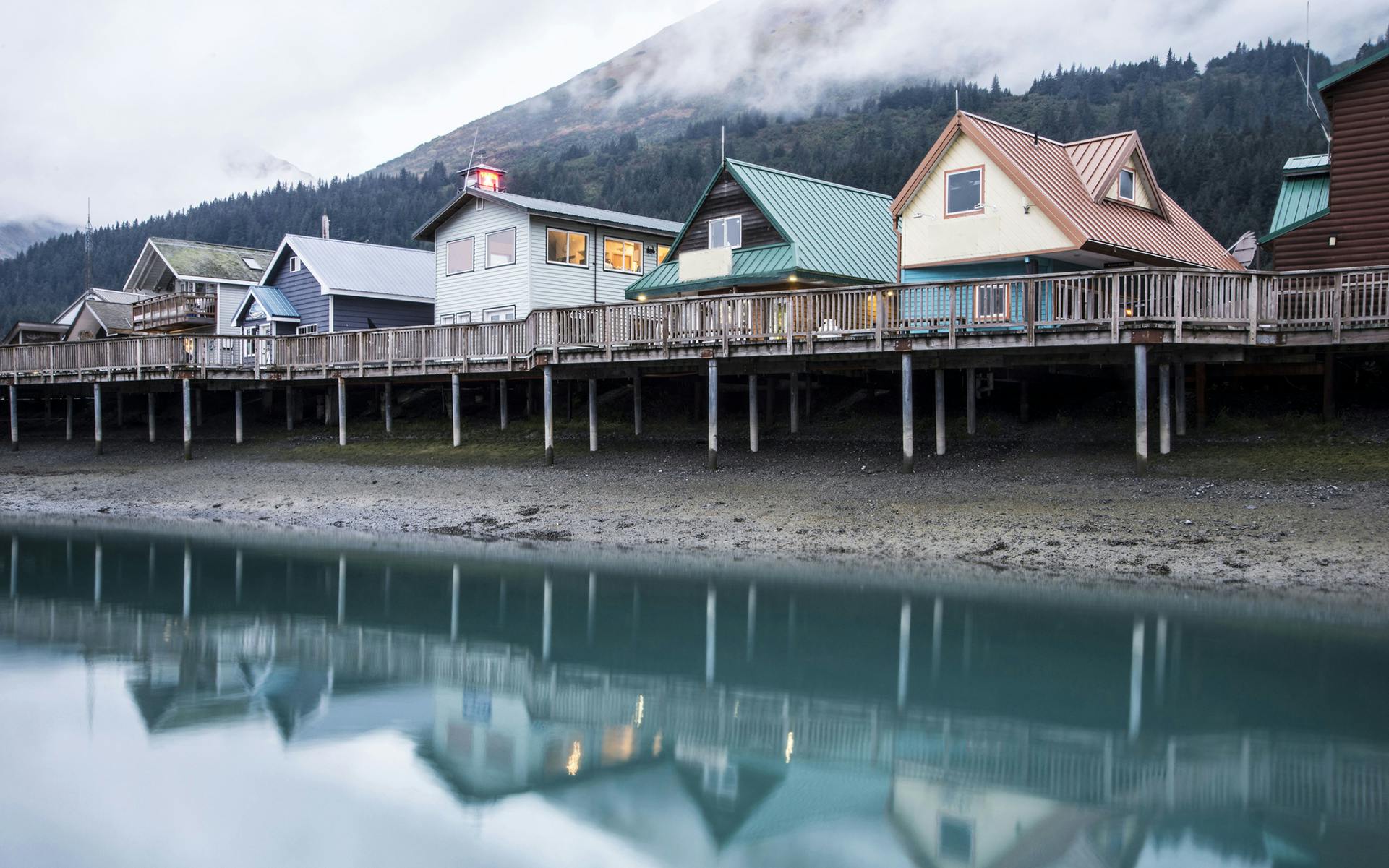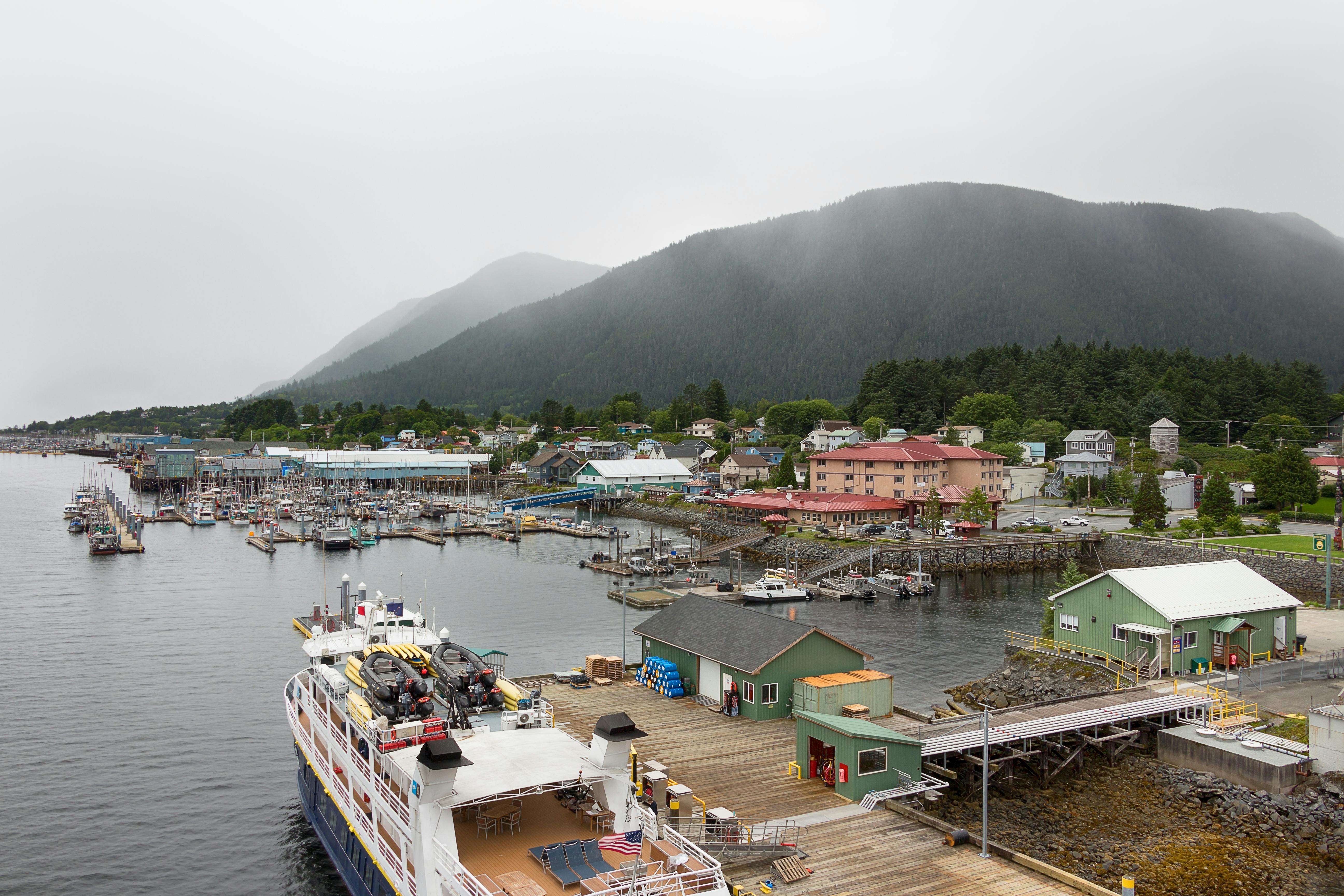Is marijuana legal in Alaska?
Current legality status
recreational
Cannabis is legal under state law for adults 21+.
Cannabis is legal in Alaska, for both recreational adult consumers and card-carrying medical patients and caregivers.
Despite cannabis’ recreational and medical-legal status, there are still a number of laws surrounding cannabis in Alaska that are subject to change. Lawmakers in Alaska have flip-flopped in 2020 on the issue of transportation of cannabis for delivery service as it conflicts with federal law.
Delivery was briefly permitted in 2020 to address distancing during the coronavirus pandemic, but has since been repealed.
The coronavirus pandemic has also led to emergency regulations such as curbside pickup and online ordering. Initially signed as emergency regulations, these have been filed permanently.
Alaska recreational marijuana laws
After multiple failed attempts, voters passed Ballot Measure 2 in 2014, which created a framework for a recreational market for cannabis sales for adults 21 and older. It took effect in February, 2015 and recreational sales began in 2016.
There are two main bodies of law that govern the recreational marijuana system: Alaska Statute Title 17 Chapter 38 titled “The Regulation of Marijuana,” and Section 3 of the Alaska Administrative Code Chapter 306: Regulation of Marijuana Industry.
Currently, customers or valid patients of dispensaries may purchase and possess up to 1 oz of flower and are allowed up to six plants grown at home with no more than three flowering at a time.
Possession of up to 4 oz goes without penalty, if it is for personal use and remains in the possessor’s residence. Otherwise, it will result in a Class A misdemeanor, with up to one year imprisonment and/or a fine up to $10,000. If there is possession with intent to distribute, these penalties apply even to amounts less than 1 oz.
Alaska medical marijuana laws
In 1975, the Alaska Supreme Court ruled in Ravin v. State to decriminalize possession as well as cultivation of small amounts of marijuana.
The state criminalized and decriminalized again, and then in 1998, voters passed Ballot Measure 8, the Alaska Medical Marijuana Initiative, allowing medical patients to legally possess and consume cannabis, making it the second state in the country to do so after California.
Legislation concerning the medical marijuana program in Alaska can be found in Alaska Statute Title 17, Chapter 37. Parameters of the medical marijuana program are also outlined in SB 94, titled “An Act relating to the medical use of marijuana; and providing for an effective date.”
Currently, cardholders (either patients or caregivers) can obtain, purchase, cultivate and possess medical marijuana up to 1 oz and grow six plants at home. A medical defense can be used in cases of higher possession, but this only applies to cannabis flower and not its concentrated forms.
Alaska qualifying conditions for medical marijuana
Alaska allows patients to seek medical marijuana with a registered and valid card for treating “debilitating medical conditions,” which according to AS 17.37.070, includes:
- Cancer
- Glaucoma
- HIV
as well as symptoms of:
- Cachexia (wasting syndrome)
- Severe pain
- Severe nausea
- Seizures and epilepsy
- Persistent muscle spasms
- Multiple sclerosis
- or potential patients can petition the state for another condition
How to get a medical marijuana card in Alaska
Medical marijuana cards are legal to obtain for adults or caregivers of adults and minors in Alaska.
- First patients must determine if they have a qualifying condition with their primary physician, with whom they should have an established history, as well as an in-person visit.
- Patients with qualifying conditions or caregivers of qualified patients must fill out an application for the Department of Health and Social Services. The application must include: a) a legible photocopy of the Alaska State Driver’s License or Identification Card of the patient and all caregivers; b) signed Physician’s statement; c) patient’s medical records; d) contact information from physician, patient, and caregiver if applicable
- Processing an application can take up to five weeks.
- Should an applicant be denied, they cannot apply for a new card for six months.
A copy of the form and where to address the application can be found here.
Does Alaska accept out-of-state medical cards?
Alaska does not accept out-of-state medical cards.
Bringing cannabis across state lines is a federal crime. In Alaska, since recreational cannabis is legal, any adult 21+ can legally purchase cannabis and cannabis products from a licensed dispensary.
When does my Alaska medical card expire?
Medical cards in Alaska are valid for 12 months from the date of issue. If they are not renewed within the 12-month timeframe, patients must submit a new application and pay the full $25 fee.
Renewal of a medical cannabis card requires a new physician recommendation and costs $20.
Alaska marijuana growing laws
Recreational consumers and medical patients and/or their caregivers can grow six plants at home, with no more than three mature (flowering) at a time.
This was first established for medical patients under Measure 8 in 1998, and later applied to recreational consumers 21 and up in what is now AS 17.37.
There is somewhat of a grey area in that patients and rec consumers may grow up to two dozen plants for personal use under the privacy of the Alaska Constitution, but possession and cultivation of 25 plants or more will result in a Class C felony, with up to $50,000 in fines and five years in jail imprisonment.
Alaska public consumption laws
Public consumption is still prohibited and will result in a fine up to $100. However, in 2019, Alaska was the first state to allow dispensaries to seek licenses for an “onsite consumption endorsement,” for patients and customers to consume in store.
Alaska cannabis DUI laws
While it is legal to consume cannabis in Alaska, it isn’t legal to drive under its influence. Alaska state law states that anyone “operating a vehicle, aircraft, or watercraft while under the influence of an alcoholic beverage, inhalant, or controlled substance” can be charged with a DUI, the limits of which are 0.08% BAC.
Cannabis is considered to be a controlled substance, and the penalties and fines are the same as those for alcohol. While there is no legal limit for cannabis as in other states, officers “may base DUI arrests on observed impairment.” Drivers in Alaska give, by virtue of driving, implied consent to submit to a chemical test; those who refuse can be charged with a class A misdemeanor, although this does not apply to chemical tests for drugs when alcohol is absent.
Penalties:
- First offense: Class A misdemeanor, three days (72 hours) jail time, $1,500 fine, a 90-day license suspension, and an ignition interlock device (IID) installed in your vehicle.
- Second offense: 20 days in jail, a $3,000 fine, 1-year minimum license suspension, and an IID.
- Third offense: Class C felony, 60 to 120 days in jail, fines from $4,000 to $10,000, three years of a suspended license, and an IID.
Penalties get worse for subsequent offenses.
Alaska cannabis testing regulations
Alaska has, like many states, suffered from inconsistent testing regulations and results. The Marijuana control board has since updated its requirements and oversight to prevent corruption of results and subjectivity.
The “Cannabis Testing Laboratory Compliance Document” was revised in 2019 to create better safeguards against fraud, such as random sample tests and lab evaluations and an elaboration on compounds tested, including cannabinoids THC, THCA, CBD, CBDA, and CBN, as well as contaminants like microbials, residual solvents, and heavy metals.
Delta-8 laws in Alaska
Delta-8 is not legal in Alaska. Delta-8 exists in a legal gray area because it is often extracted from hemp, which was made legal in the US with the 2018 farm bill, however, some individual states have specifically outlawed delta-8 regardless of this law, including Alaska. This is unusual, as cannabis is legal in Alaska.
Alaska updated its own state laws after the 2018 farm bill and classified delta-8 as a tetrahydrocannabinol, making it a Schedule IIIA substance and therefore illegal in the state.
Common questions about marijuana legalization in Alaska
When did Alaska legalize?
Alaska has a long history of the legalization of cannabis, starting with the decriminalization of it in the 1970s. Medical marijuana was legalized in 1998 and recreational adult use was legalized in 2014, with sales beginning in 2016.
Are dabs legal in Alaska?
It’s complicated. While many dispensaries have concentrates and cartridges on their menus, possession of hash, hash oil or concentrates constitutes “misconduct involving a controlled substance in the fifth degree,” equivalent to a Class A misdemeanor with up to $10,000 in fines and up to one year in jail.
Is Delta-8 legal in Alaska?
No. Delta-8 is not legal in Alaska.
Can I bring cannabis into Canada, or bring Canadian cannabis into Alaska since it’s legal in both countries?
Absolutely not. Despite recreational legality in both countries, it is illegal to bring cannabis across the border at the state and international level.
How many recreational dispensaries are in Alaska?
According to Alaska’s Alcohol and Marijuana Control Office, there are 134 “Active-Operating” licenses for retail marijuana stores in the state.
Learn more about marijuana legalization in Alaska
Keep up with the latest news about legalization in Alaska
Stay current on Alaska’s weed scene by bookmarking Leafly politics and signing up for our newsletter.
Post last updated Sept. 9, 2020
By providing us with your email address, you agree to Leafly's Terms of Service and Privacy Policy.


